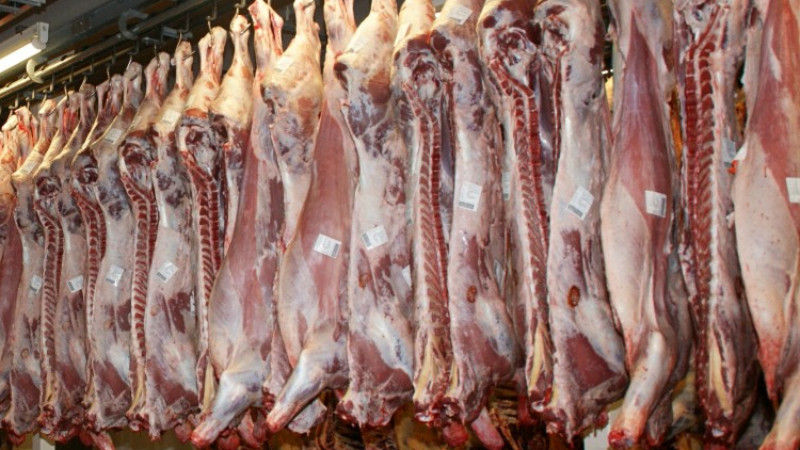TABUK CITY, Kalinga – The public was reminded to eat meat and meat products that are safe, clean, and healthy during a meeting held today by the City Veterinary Services Office (CVSO) in honor of the 30th Meat Safety Consciousness Week.
Dr. Carmen, the city veterinarian, stated that if meat and meat products are not processed hygienically, a variety of disease-causing germs may be present and may byt affect the consuming public. Consumers’ health could be compromised by “hot” meat.
HBy using our slaughterhouse for proper and good sanitary slaughtering procedures, meat merchants can avoid these food-borne diseases that may be found in carcasses of animals that do not pass through meat inspection conducted by the City Veterinary Office.
As a partner of the city government in the promotion of food safety, particularly with regard to the safety of meat and meat products, Dr. Clemencia Cagan, of the CVSO talked on the necessity to reinvigorate the “Bantay Karne” Task Force in the barangays.
The Regional Director of the National Meat Inspection Service (NMIS), Dr. Domingo Gonzaga, cautioned the public against buyingMB cheaper meat that may be dangerous or “hot meat” because it may be sold in public markets or elsewhere.
According to him, “hot meat” is meat that has not been properly documented and has not been subjected to a meat inspection by the NMIS meat inspectors or the city veterinary officeü.
Gonzaga stated that it is crucial to regularly inspect and monitor imported meat and meat products to make sure that the general public is only purchasing clean and safe meat.
He noted that consumers should always look for the Meat Inspection Certificate (MIC) for newly slaughtered meat, Certificate of Meat Inspection (COMI) for imported meat, the Meat inspector’s markings on the carcass and try to consider the color, odor, and texture of meat before purchasing. Meat that is slimy, reddish and has an unfavourable smell especially during the later part of the day are not recommended.
For those needing their hogs butchered, the slaughterhouse located in Appas, Tabuk City, operates 1-5 am so late afternoon meat is no longer considered fresh.
The meeting also covered issues such as how to perform post-meat establishment inspections, legislation and regulations governing post-meat establishments, and post-meat establishment enforcement. To ensure that meat vendors adhered to meat safety regulations, the NMIS team and the CVSO planned monitoring and inspection activities in the public markets in Dagupan and Bulanao. Therefore, meat and meat products that have been determined to be dangerous must be confiscated.
According to Republic Act No. 9296 as amended by Republic Act 10536 (Meat Inspection Code of the Philippines as amended), the NMIS is the only national governing authority for meat inspection and meat hygiene and mandated to ensure that every household receives safe meat from the farm to the table.













